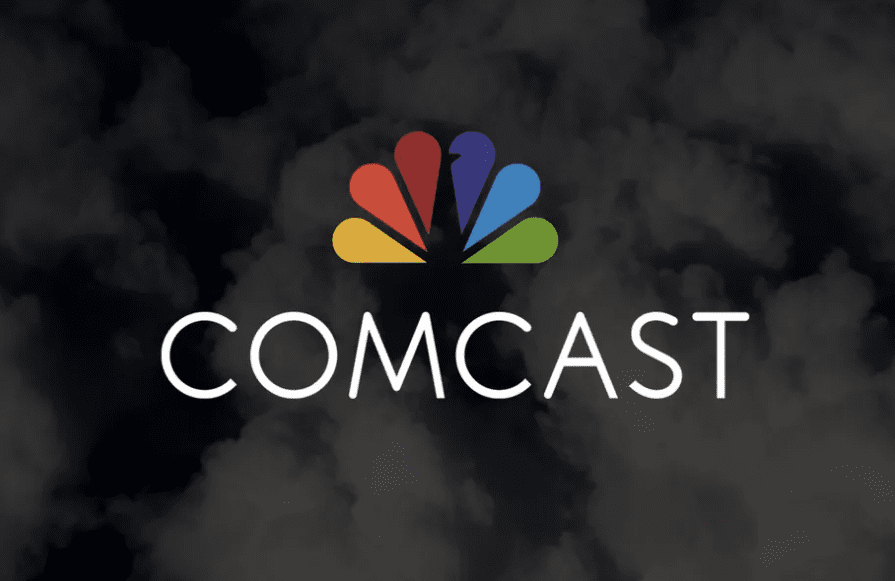Next year, Comcast plans to charge home internet customers in northeastern US states for going over 1.2TB of data in a month — a cap that’s already in effect for customers on non-unlimited plans in other parts of the country.
In January and February, Comcast will give its Xfinity customers not on an unlimited plan a “credit” for any data usage charges over 1.2TB during those months to ease them into the new limits. Then, starting in March, non-unlimited customers who exceed 1.2TB in a month will be charged $10 per 50GB of data, for a maximum of $100.
Customers who go over the limit will get one “courtesy” credit per 12 months, so if you go over 1.2TB in March, you get a grace period for April. If you go over again in May, you’ll pay $10 for each block of 50GB up to the $100 max. Customers will be notified as they approach the 1.2TB threshold.
The affected states include Connecticut, Delaware, Massachusetts, Maryland, Maine, New Hampshire, New Jersey, New York, Pennsylvania, Virginia, Vermont, West Virginia, and the District of Columbia, as well as parts of North Carolina and Ohio.
According to Comcast, 95 percent of its customers don’t get close to using that much data per month; over the last six months, the median monthly data use was around 308GB. But as the coronavirus pandemic keeps people working from home and students learning remotely, the internet is feeling the strain of the increased use — even though, so far, it’s held up relatively well.
Comcast announced in March it was suspending its data cap policy for 60 days, and would not charge overage fees to home internet customers who exceeded its broadband data caps. It also said it would raise speeds for customers on its Internet Essentials tier, its broadband plan for low-income families.
Comcast was also one of the providers that committed to the Keep Americans Connected Pledge, which Federal Communications Commission chairman Ajit Pai introduced around the same time. Participating companies agreed not to terminate service for residential or small business customers, waive any late fees incurred because of the economic effects of the pandemic, and open access to public Wi-Fi hotspots to “any American who needs them.” The Keep Americans Connected Pledge officially expired at the end of June, however, Comcast said at the time it was “working with customers on flexible payment options that work for them.”

